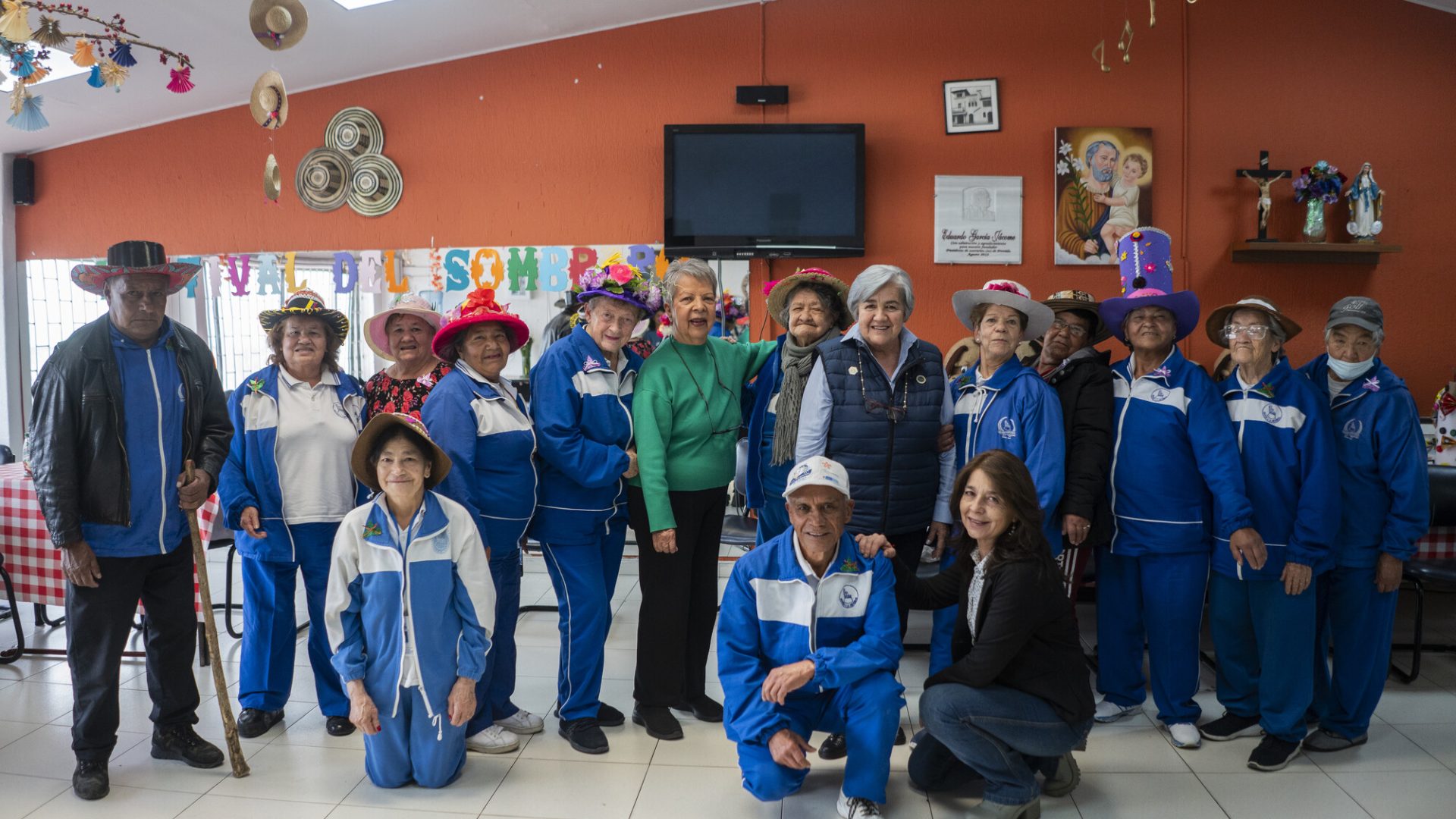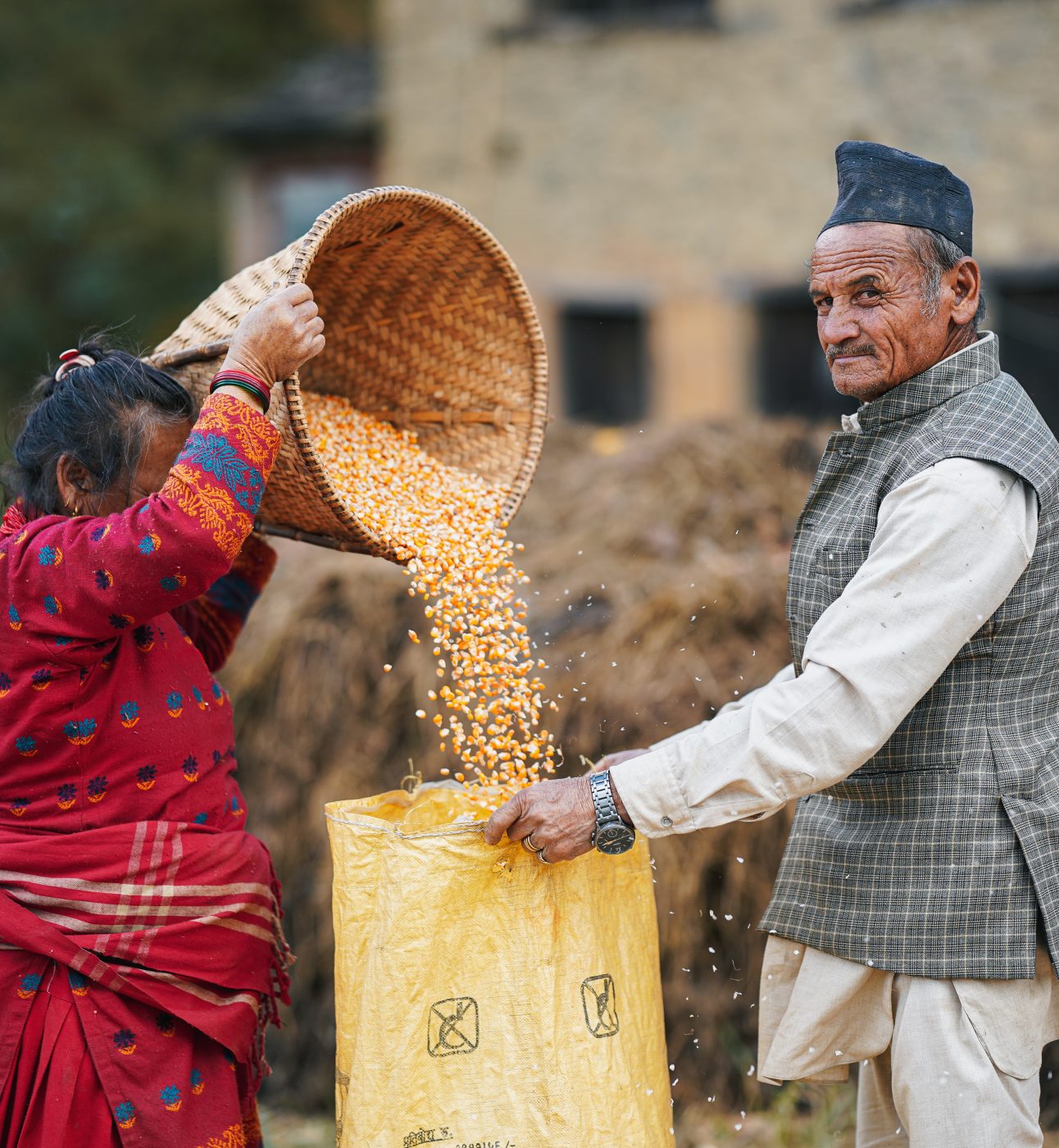Listening to older people to build better cities
For the first time in Latin America, a study has used the World Health Organization’s (WHO) Ageism Scale to explore how ageism and urban design affect older people’s health and wellbeing. Conducted in partnership with five universities in Colombia and the UK (Universidad Los Libertadores in Bogotá, Universidad del Tolima in Ibagué, Universidad de Cartagena in Cartagena de Indias, Universidad Simón Bolívar in Barranquilla and University of Edinburgh) and HelpAge network member the Colombian Network for Active and Decent Ageing, the research placed older people’s voices at the heart of its findings.
Older Colombians shared how urban environments can either hold them back or help them flourish. When public spaces are accessible, transport is reliable, and information is easy to find, older people report better health, stronger social connections, and higher life satisfaction. In other words, when cities work for older people, they work better for everyone.


